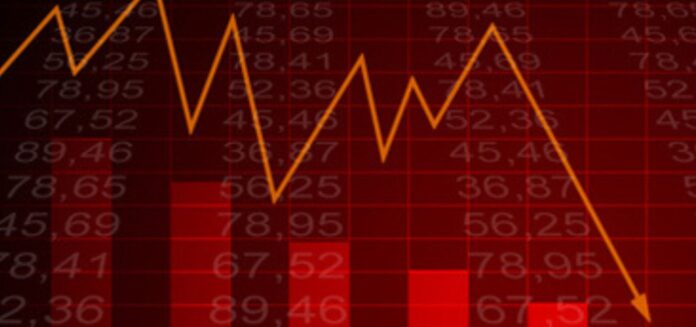Active equity managers mainly failed to beat passive strategies during a period when market conditions offered them the chance to display value, according to research.
The majority of actively managed funds and active ETFs globally were not able to beat their respective fund manager benchmarks between April 1, 2023, and March 31, 2024, according to analysis by LSEG Lipper.
ESG-related equity funds did worse than their conventional peers, with a loss of 3.77% versus a loss of 2.04% over the timeframe.
The period was fraught for markets, with factors such as geopolitical instability and China’s disappointing growth.
“With these facts in mind, the last 12 months can be seen as a time period in which active asset managers had the chance to deliver a high value-added compared to passive strategies by using cash as a risk buffer in times of market turmoil and investing in high beta stocks in an upswing of the market. In general, the results of this study show that active equity fund managers did not achieve this goal,” said Detlef Glow, head of Lipper Emea research, at LSEG, the London Stock Exchange Group.
Glow makes the comments in a report called ‘Relative Performance of Equity Funds as of March 31, 2024’.
However, he notes that the relative performance of the 14,000 actively managed funds (conventional and ESG-related) versus their fund manager benchmarks shows that 35% did outperform – and this figure is a slight improvement on the year-before number.
The underperformance needs to be seen in light of fees and expenses paid by funds. Once the total expense ratios of the active funds were taken off, about one-third of underperformance was due to fees and expenses.
Calculated on another measure that compares performance with Lipper-assigned technical indicators, the difference in overall average relative performance of ESG-related equity funds versus their Lipper-assigned technical indicators was wider – at -5.13% – than for conventional funds (-3.29%).
A reason for low percentage of outperforming ESG-related funds is that these funds may use a conventional benchmark that includes stocks that the fund is unable to invest in due to exclusions, and this contains the risk of “wrong assumptions in market environments which favor companies/sectors/industries which are not eligible for ESG-related funds”, Glow said.
Technical indicators were used in cases such as where funds did not disclose their benchmarks. All funds were measured in dollars as they were drawn from all over the word.





